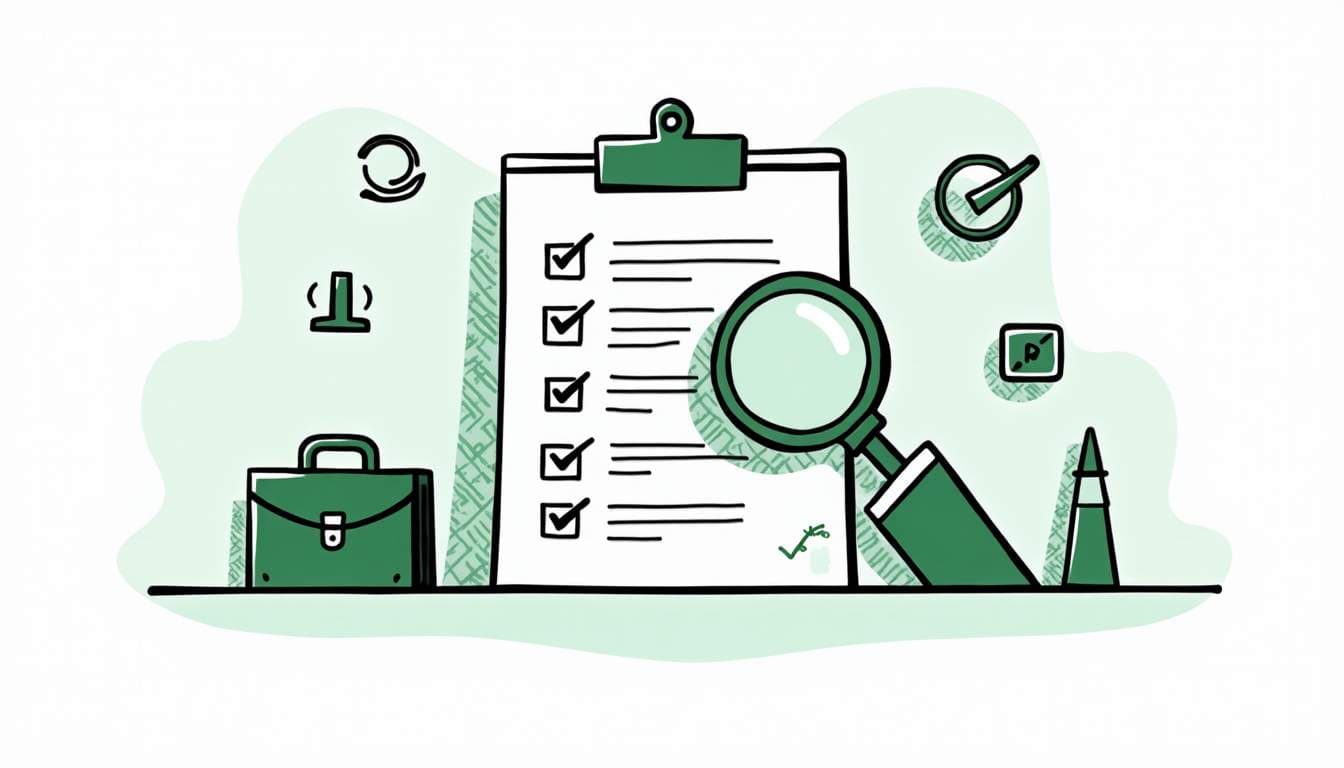In today’s competitive job market, a well-crafted cover letter remains a powerful tool to distinguish yourself from other candidates. Despite the rise of digital applications and automated screening, hiring managers and recruiters still value cover letters for the unique insights they provide into your personality, motivation, and communication skills. In fact, 83% of recruiters say a well-written cover letter can give an applicant an advantage over others, making it a critical component of your job application strategy in 2025.
This comprehensive guide will walk you through how to write a compelling cover letter that captures attention, showcases your fit for the role, and increases your chances of landing an interview.
Why Cover Letters Still Matter in 2025
While some hiring managers report that cover letters have decreased in importance over the past five years, with about 30% expressing this view, the majority still recognize their value. For instance, 84% of employers say a cover letter influences hiring decisions, and 70% of hiring managers find them somewhat or very useful.
Cover letters serve multiple purposes beyond just reiterating your resume. They allow recruiters to gauge your personality, enthusiasm, and cultural fit—qualities that are often difficult to discern from a resume alone. Around 74% of recruiters read cover letters to understand personality fit, and 79% use them to differentiate candidates. This makes your cover letter an essential opportunity to present yourself as a well-rounded professional who aligns with the company’s values and goals.
Cover Letters Improve Interview Chances
Including a cover letter can significantly boost your chances of getting noticed. Research shows that candidates who submit a cover letter are 30% more likely to be invited for an interview. Another study found that applications with cover letters receive responses 46% of the time, compared to just 20% without one. This clearly demonstrates that cover letters remain a powerful way to open doors in the hiring process.
Moreover, a well-crafted cover letter can serve as a platform to address any potential concerns that might arise from your resume. For example, if you have gaps in your employment history or are transitioning to a new industry, a cover letter allows you to explain these circumstances in a positive light. By proactively addressing these issues, you can alleviate any doubts a hiring manager might have, showcasing your ability to navigate challenges and your commitment to personal growth. This level of transparency can foster trust and demonstrate your readiness to tackle the responsibilities of the position.
Additionally, cover letters provide a unique space to highlight specific accomplishments that may not be fully captured in your resume. By sharing a compelling story or quantifiable achievements that relate directly to the job you are applying for, you can create a memorable impression. For instance, discussing a successful project where you led a team to exceed targets not only illustrates your skills but also your potential contributions to the prospective employer. This narrative approach can set you apart from other candidates who may simply list qualifications, making your application more engaging and relatable.
Key Elements of a Compelling Cover Letter
Writing a cover letter that stands out requires more than just restating your resume. Here are the essential elements to include in your 2025 cover letter to make a strong impression.
1. Personalization is Crucial
Generic cover letters are easy to spot and often dismissed. About 66% of hiring managers prefer cover letters that are personalized to the specific job and company. Tailoring your letter shows genuine interest and effort, which recruiters appreciate.
Start by addressing the letter to a specific person whenever possible. Use the hiring manager’s name instead of a generic greeting like “To Whom It May Concern.” This small step immediately makes your letter more engaging and relevant.
2. Clear Explanation of Fit and Motivation
Hiring managers want to know why you are applying for the role and why you are a good fit. Around 70% of hiring managers prefer cover letters that explicitly explain this connection. Use your cover letter to tell a compelling story about how your skills, experiences, and values align with the company’s mission and the job requirements.
Be specific about what excites you about the role and how you can contribute to the company’s success. This demonstrates enthusiasm, which 60% of recruiters say can be effectively conveyed through a cover letter.
3. Highlight Relevant Achievements
Rather than simply listing your responsibilities, focus on accomplishments that illustrate your impact. Including specific achievements is recommended by 59% of HR professionals as a way to strengthen your cover letter.
Quantify your successes when possible. For example, mention how you increased sales by a certain percentage, led a successful project, or improved a process. This provides concrete evidence of your capabilities and adds credibility to your claims.
4. Showcase Your Communication Skills
A cover letter is an excellent opportunity to demonstrate your writing and communication skills. About 61% of recruiters say cover letters reveal a candidate’s writing ability, and 58% of employers believe they show critical details about communication skills.
Use clear, concise language and avoid jargon or overly complex sentences. Keep your tone professional yet friendly, and proofread carefully to eliminate errors. A polished cover letter reflects attention to detail and professionalism.




![Cover Letter vs Resume: What Hiring Managers Actually Read First [2026]](/_next/image?url=%2Fapi%2Fmedia%2Ffile%2Fcoverletterandresume.png&w=3840&q=75)